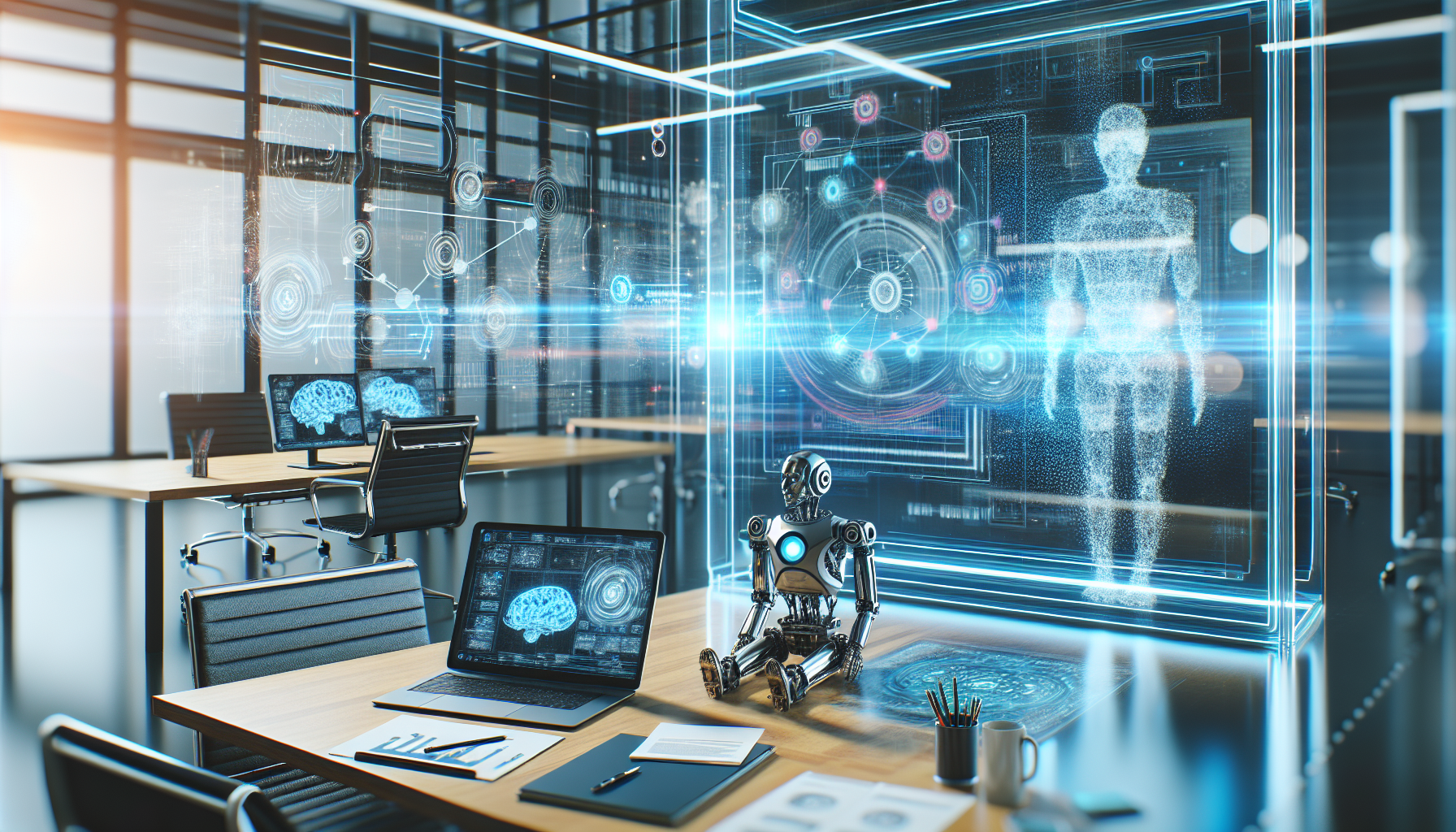
Smart Homes and AI: Enhancing Everyday Living or Inviting Unseen Risks?
June 26, 2025
As you walk through the front door, the lights automatically brighten, your favorite playlist begins softly in the background, and the thermostat adjusts to your preferred temperature. This isn’t a scene from a futuristic movie; it's the reality of smart homes powered by artificial intelligence. While these conveniences are undoubtedly alluring, it's worth scrutinizing whether AI integration in our living spaces is enhancing our lives or inadvertently introducing unseen risks.
Consider the case of the Johnson family, early adopters of smart home technology. Their home is equipped with a plethora of AI-driven devices, each designed to seamlessly integrate into their daily routine. Their smart refrigerator suggests recipes based on its contents, and their AI-powered security system promises unparalleled safety. However, the family has begun to notice some unintended consequences of their AI-enriched lifestyle.
One afternoon, while preparing dinner, Sarah Johnson noticed that her smart assistant wrongly ordered groceries she didn't need—an error stemming from a misinterpretation of their past purchasing habits. This seemingly minor inconvenience highlighted a larger issue: the inherent reliance on data and algorithms that can sometimes misjudge user intent. The notion that these intelligent systems are infallible is increasingly being questioned, as they are only as competent as the data they consume and the algorithms that process it.
Moreover, the Johnsons' experience with AI-driven security systems further complicates the narrative. Their system, designed to differentiate between family members and potential intruders, once mistakenly flagged their teenage son as a threat due to a change in his appearance. This incident underlines a critical flaw in current AI technologies: the inability to adapt to nuanced human variations without errors. These missteps not only cause inconvenience but also raise crucial questions about privacy and trust in AI systems.
Privacy concerns are not the only issue at stake. Many smart home devices are constantly listening, gathering data to improve user experience. Still, this data collection raises significant ethical questions about surveillance and data security. The Johnsons became acutely aware of this when a hacker breached their system, accessing personal information and even their home’s camera feeds. The incident served as a stark reminder that while AI can enhance security, it can simultaneously create new vulnerabilities.
The financial implications of maintaining a smart home are another critical area of concern. While initially perceived as a long-term saving due to energy efficiency, the Johnsons found themselves facing unexpected costs. Frequent software updates, device replacements, and even professional consultations to resolve technical issues added up. This raises the question: Are smart homes truly cost-effective, or do they impose a hidden financial burden on their owners?
Despite these challenges, the allure of smart homes remains strong. The convenience of voice-activated lights, automated temperature controls, and personalized entertainment systems is undeniable. Yet, as the Johnsons’ case illustrates, the integration of AI into our homes is far from a straightforward path to utopia. The complexity of human needs and behaviors often outpaces the capabilities of current AI technologies, leaving room for error and discontent.
As we continue to integrate AI into the fabric of our daily lives, it becomes crucial to critically evaluate these technologies. How can we balance the benefits of AI-driven smart homes with the potential risks they pose? Are we willing to trade our privacy and security for convenience, and at what cost? These questions challenge us to rethink our relationship with technology and consider the broader implications of a world increasingly governed by artificial intelligence.
The promise of smart homes is one of enhanced living experiences and effortless convenience, but they also remind us of the importance of skepticism and vigilance. As we stand on the cusp of an AI-driven era, we must ask ourselves not just what these technologies can do for us, but what they might do to us.


